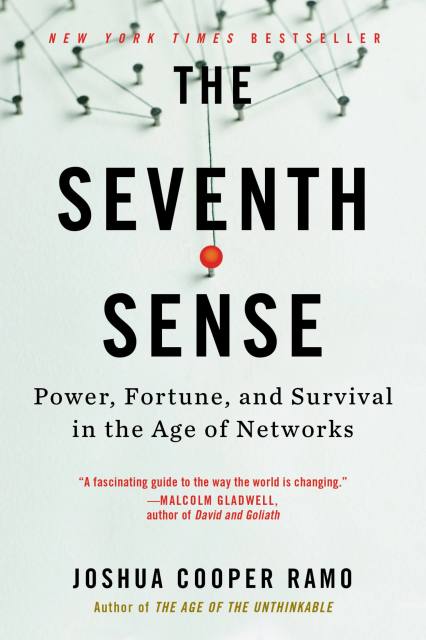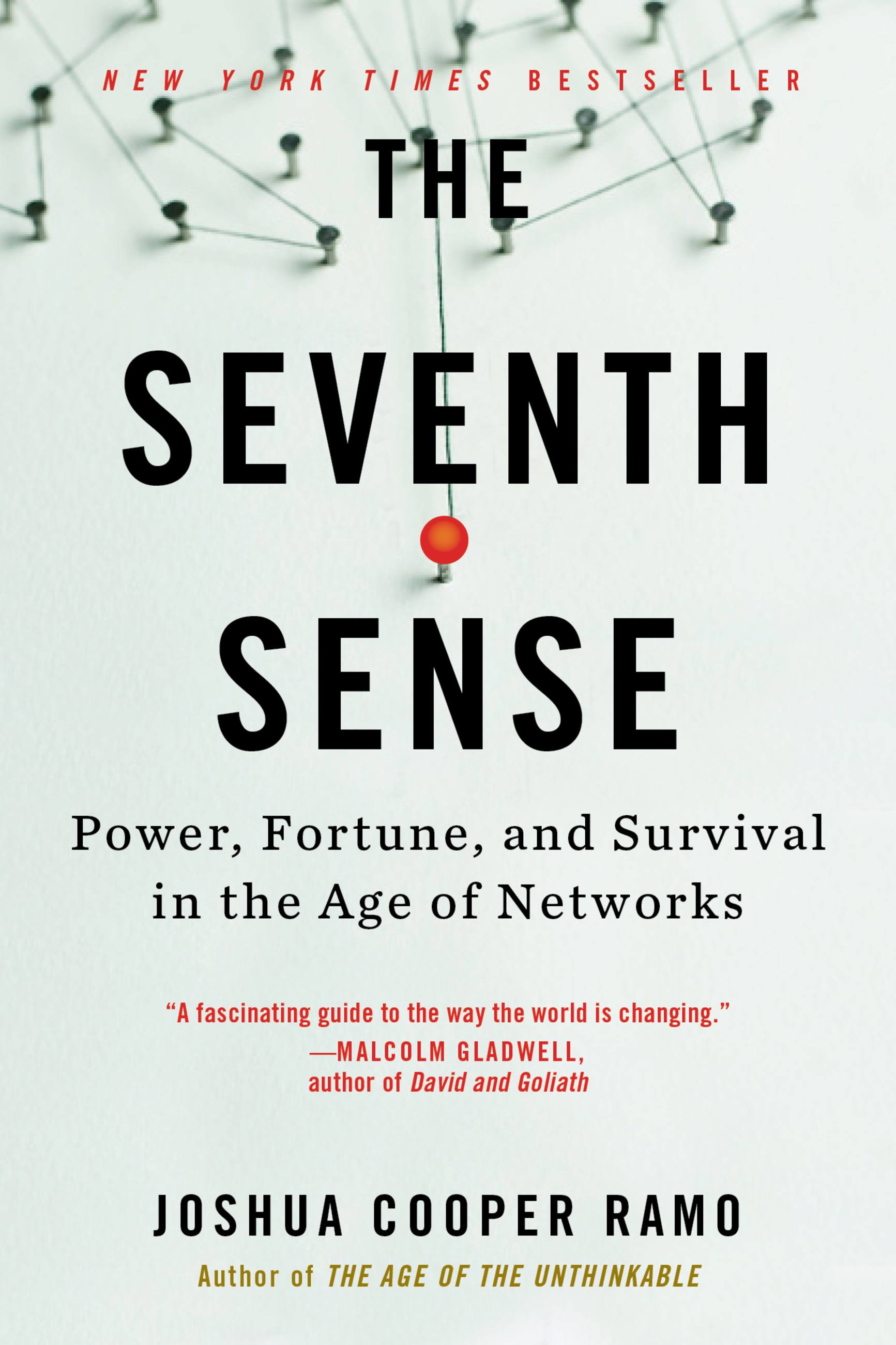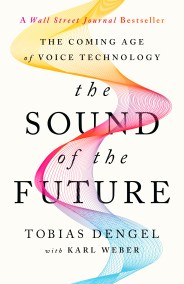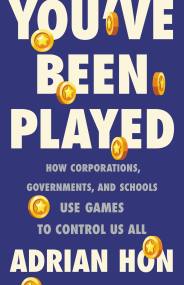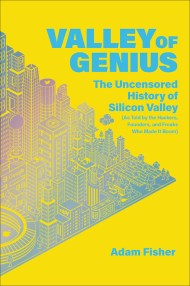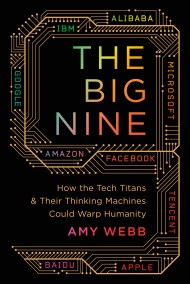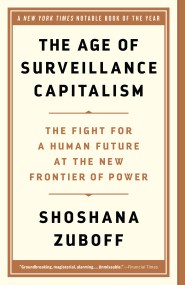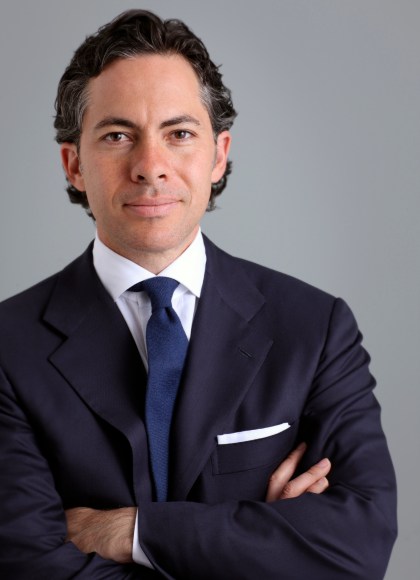Promotion
Use code MOM24 for 20% off site wide + free shipping over $45
The Seventh Sense
Power, Fortune, and Survival in the Age of Networks
Contributors
Formats and Prices
Price
$11.99Price
$15.99 CADFormat
Format:
- ebook $11.99 $15.99 CAD
- Audiobook Download (Unabridged)
- Trade Paperback $21.99 $28.99 CAD
This item is a preorder. Your payment method will be charged immediately, and the product is expected to ship on or around May 17, 2016. This date is subject to change due to shipping delays beyond our control.
Also available from:
Endless terror. Refugee waves. An unfixable global economy. Surprising election results. New billion-dollar fortunes. Miracle medical advances. What if they were all connected? What if you could understand why?
The Seventh Sense is the story of what all of today’s successful figures see and feel: the forces that are invisible to most of us but explain everything from explosive technological change to uneasy political ripples. The secret to power now is understanding our new age of networks. Not merely the Internet, but also webs of trade, finance, and even DNA. Based on his years of advising generals, CEOs, and politicians, Ramo takes us into the opaque heart of our world’s rapidly connected systems and teaches us what the losers are not yet seeing — and what the victors of this age already know.
The Seventh Sense is the story of what all of today’s successful figures see and feel: the forces that are invisible to most of us but explain everything from explosive technological change to uneasy political ripples. The secret to power now is understanding our new age of networks. Not merely the Internet, but also webs of trade, finance, and even DNA. Based on his years of advising generals, CEOs, and politicians, Ramo takes us into the opaque heart of our world’s rapidly connected systems and teaches us what the losers are not yet seeing — and what the victors of this age already know.
Genre:
-
Praise for The Seventh Sense
NEW YORK TIMES BESTSELLER
WASHINGTON POST BESTSELLER
Winner of the getAbstract 17th International Book Award -
"A fascinating guide to the way the world is changing."Malcolm Gladwell, author of David and Goliath
-
"Joshua Cooper Ramo has a unique intelligence and a unique voice, which illuminate this fascinating book. The central new reality of the world we live in today is connectivity. People, computers, other machines, almost everything is getting linked and these new networks are spewing oceans of information. How should we navigate this brave new world? Ramo writes with ease and authority about the technology, history , and foreign policy of this power shift, giving us an essential guide for the future."Fareed Zakaria, author of In Defense of a Liberal Education
-
"This book paints an accurate and timely picture of the world we live in and how it is changing."Mareo McCracken, Inc.
-
"In this hyper networked world remade fresh every day, with new perils and new opportunities, there is one book to be sure to read: Joshua Ramo's new book, a masterpiece, The Seventh Sense. To understand the tsunami of the networked age, you need history, biography, tech, philosophy, politics--and you want a book that has a depth beyond whatever else you could be streaming, podcasting, or wiki-ing. This is that book."Reid Hoffman, Chairman/Founder of LinkedIn and Partner at Greylock
-
"Joshua Cooper Ramo has written a book that combines historic sweep and incisive detail. A great book, and a useful one. The Seventh Sense is a concept every businessman, diplomat, or student should aspire to master -- a powerful idea, backed by stories and figures that will be impossible to forget."Walter Isaacson, author of Steve Jobs and The Innovators
-
"If this book were read and understood by our next president, America would be a stronger country and the president would have an agenda for global leadership. Ramo's fascinating work serves a critical public purpose."Bill Bradley
-
"Provocative reading... [Ramo] offers plenty of interesting scenarios for such things as global power shifts, AI-enabled weapons systems, and the like.... For policy wonks with an eye toward the middle term, Ramo provides a good effort to make sense of it all."Kirkus Reviews
-
"The Seventh Sense ultimately isn't just about witnessing the power of human connections, but also harnessing that power to change the world. Highly recommended."Midwest Book Review
-
"This book is the best yet on reviewing the ever more tightly woven, connected, pervasive networks - accelerating due to their interactivity - that now dominate our globalized human societies.... Ramo surveys this new world of interconnected networks in penetrating detail with deep knowledge of current global geopolitics and human history."Hazel Henderson, Seeking Alpha
- On Sale
- May 17, 2016
- Page Count
- 352 pages
- Publisher
- Little, Brown and Company
- ISBN-13
- 9780316285049
Newsletter Signup
By clicking ‘Sign Up,’ I acknowledge that I have read and agree to Hachette Book Group’s Privacy Policy and Terms of Use
